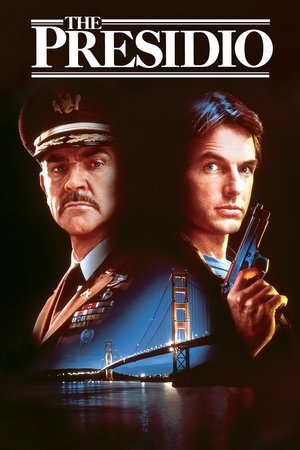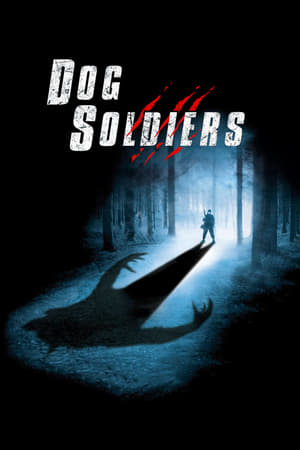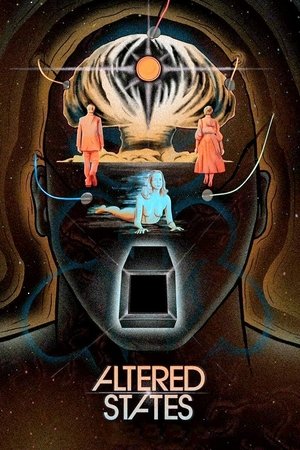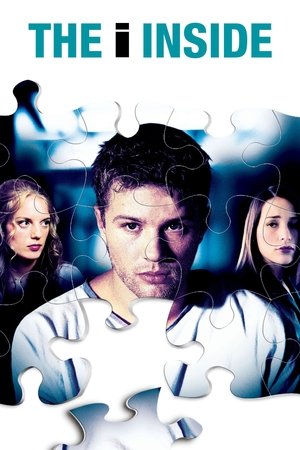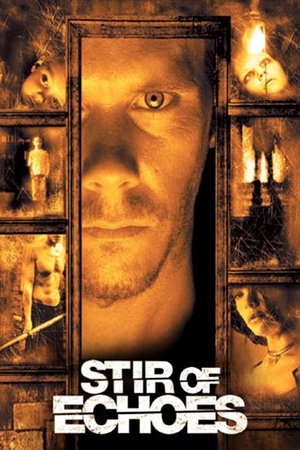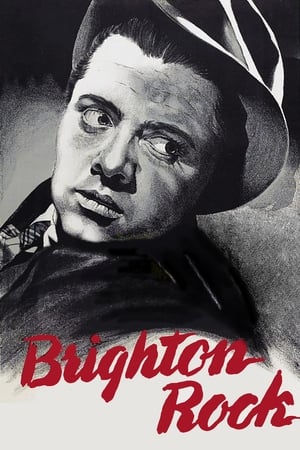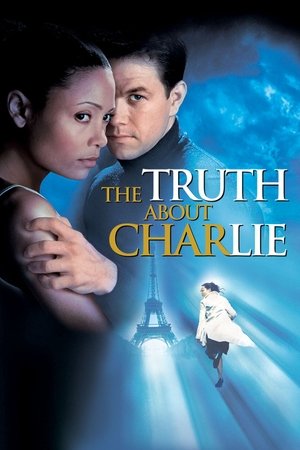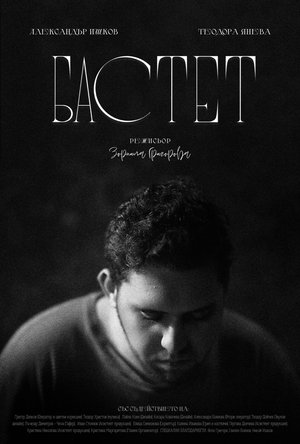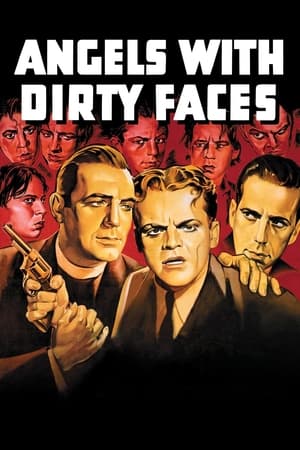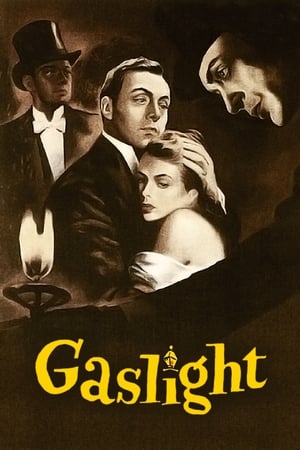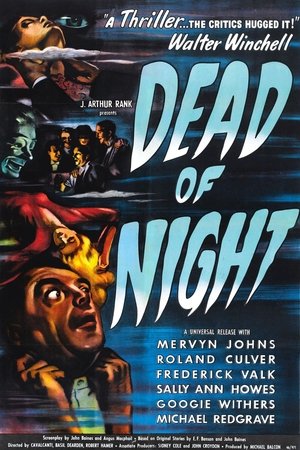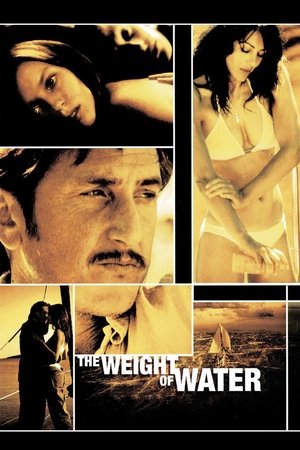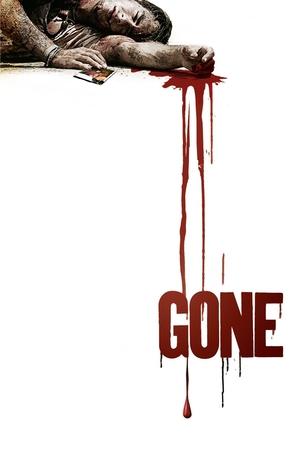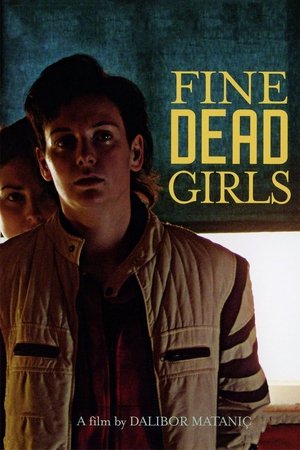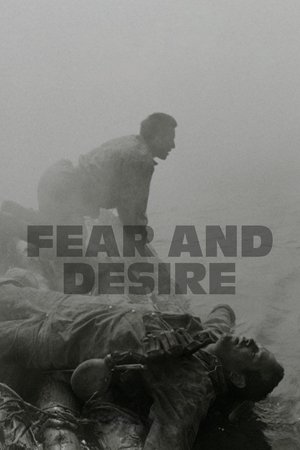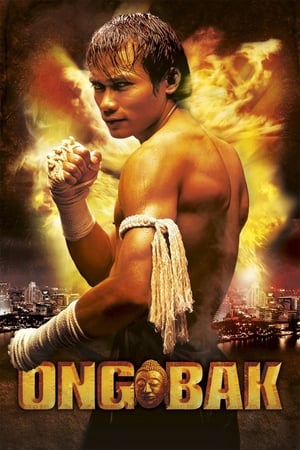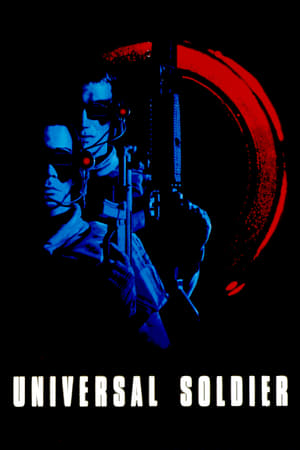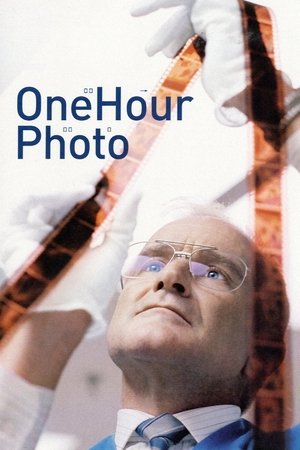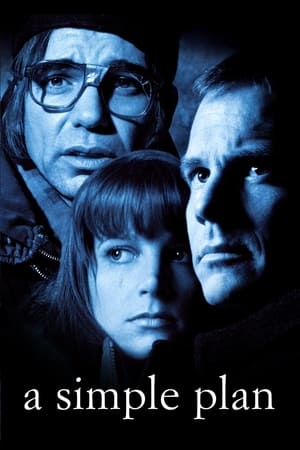Overview
A man is murdered, apparently by one of a group of soldiers just out of the army. But which one? And why?
Reviews
Cradle Of Fear.
A man by the name of Joseph Samuels is found brutally murdered in his apartment. It would appear that Samuels was visited by a group of drunken soldiers the previous evening, and with one of them seemingly missing, the evidence certainly implicates the missing soldier. But as detective Finlay digs deeper into the case he finds that they could be barking up the wrong tree, and that this crime is dealing with something desperately sad and vile - anti-Semitism.
Crossfire was born out of the novel written by Richard Brooks, adapted by John Paxton and directed by the shrewdly excellent Edward Dmtryk. Crossfire (originaly titled "Cradle Of Fear") is a taut and gripping picture that boldly tackles anti-Semitism. Though the makers were forced to tone down the story from the original source, the novel is about homosexual hatred as opposed to anti-Semitism, what remains, largely due to RKO supremo Dore Schary and producer Adrian Scott, is a sort of creeping unease that drips with noirish style.
The cast features three Bob's, Young, Mitchum and Ryan, with noir darling Gloria Grahame adding the emotional female heart. Though only third billed, it's Robert Ryan's picture all the way, his portrayal as the bullying, conniving Montgomery is right from the top draw and perfectly showcases the talent that he had in abundance. Ryan had good cause to give Montgomery some of is best work for he had served in the Marine's with Richard Brooks himself, both men having discussed the possibility that if the novel was to be made into a film, then Ryan wanted in and to play Montgomery. Thus the genesis of Ryan's career as weasel types was well and truly born!
Gloria Grahame also puts in a wonderful and heartfelt turn, which is all the more remarkable since she was being plagued by her abusive husband at the time, one Stanley Clements. He was known to be violent towards her and his constant presence around the set irked other members of the cast, but Grahame, probably channelling real life emotion, became the character of Ginny and shone very bright indeed. Both Bob Mitchum and Bob Young come out with flying colours as well, to really seal the deal on what proves to be a smartly acted picture.
Crossfire was released before the other 1947 anti-Semitic picture, "Gentleman's Agreement", and raking in over a million and a quarter dollars at the box office, some of its thunder was stolen by the Academy Award winning picture from Fox Studio. Nominated for Best Picture, Best Supporting Actor (Ryan), Best Supporting Actress (Grahame), Best Director and Best Screenplay, it won nothing. Yet critics of the time hailed it as a brilliant shift in American Cinema, and today it stands tall, proud and dark as a bold and excellent piece of work. 8.5/10
When a man is found savagely beaten to death, it falls to local police captain "Finlay" (Robert Young) to track down the perpetrators. His attention is soon drawn to a group of recently demobbed soldiers who had had drinks with the deceased and his girlfriend (Marlo Dwyer) earlier that evening. Meantime, conscious that his friends are in the police line of sight,"Kelley" (Robert Mitchum) also decides to do a bit of detective work - hoping to clear his colleagues, identify the killer and hopefully establish a motive too. It's a quickly paced, quite intricate thriller this. Both Young and Mitchum are effective, as are Robert Ryan's manipulative "Monty" and George Cooper's rather dubious looking "Mitch". There are plenty of undercurrents within the plot to keep it interesting - not least homosexuality and anti-Semitism, both hot topics for the "Code" at the time, and although it is maybe just a bit too wordy, it is still a remarkably potent mystery that rather courageously attempts to tackle taboos as well as the more routine human frailties. A classy contribution from a slightly underused Gloria Grahame and some gritty and dark photography help too. This is a good, tautly directed film that holds the interest well.

 86 min
86 min
 6.677
6.677
 1947
1947
 USA
USA
 John Chard wrote:
John Chard wrote: